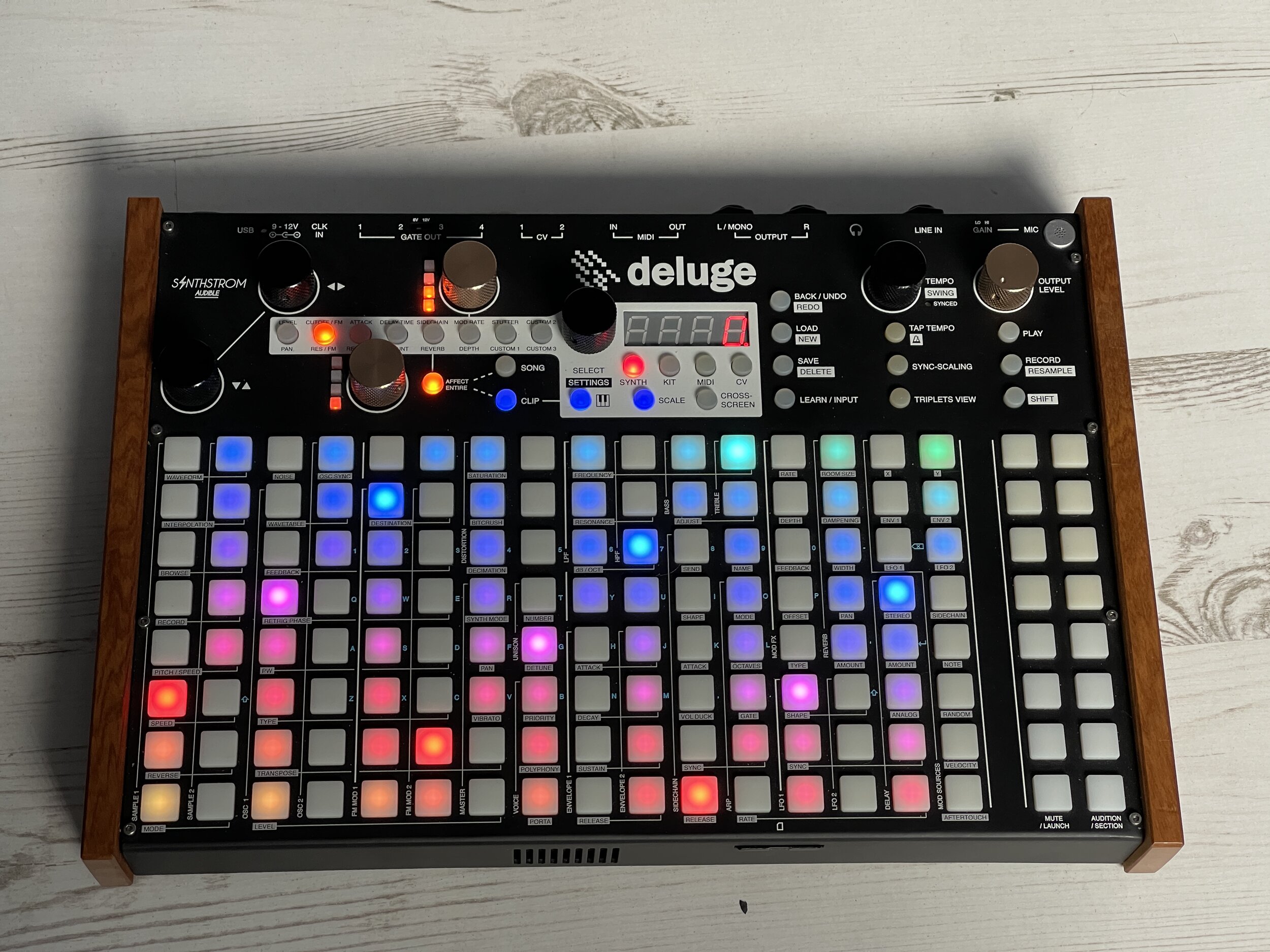Eight Minute Empire is a fun game (but longer than 8 minutes)
/Eight Minute Empire is an empire building game that didn’t take eight minutes for us. It took a little bit longer. Perhaps we were over thinking it. You have a very limited number of turns and the moves for your turn are specified by a shared set of cards that you work through as the game progresses. It does suffer a bit from the “seeing a card that makes for a lovely move and then seeing someone else use that card to make theirs” syndrome, but you do have the fun of making good moves that thwart others.
It is all about making sure that at the very last turn you have more territory than anyone else. This means it doesn’t matter if the following move would see you wiped off the face of the earth, the tactic I used was to spread myself as thin as possible at exactly the right time. It seemed to work, because I won one of the games. The online play works pretty well, the game looks good and the background music goes on for ever. I’m sure they are hoping that it adds atmosphere to the gameplay but for me the biggest problem with the game was that once I’d started playing there was no way to turn the music down again.
So, recommended for a quick burst of world domination, but make sure you turn the music down first.




















